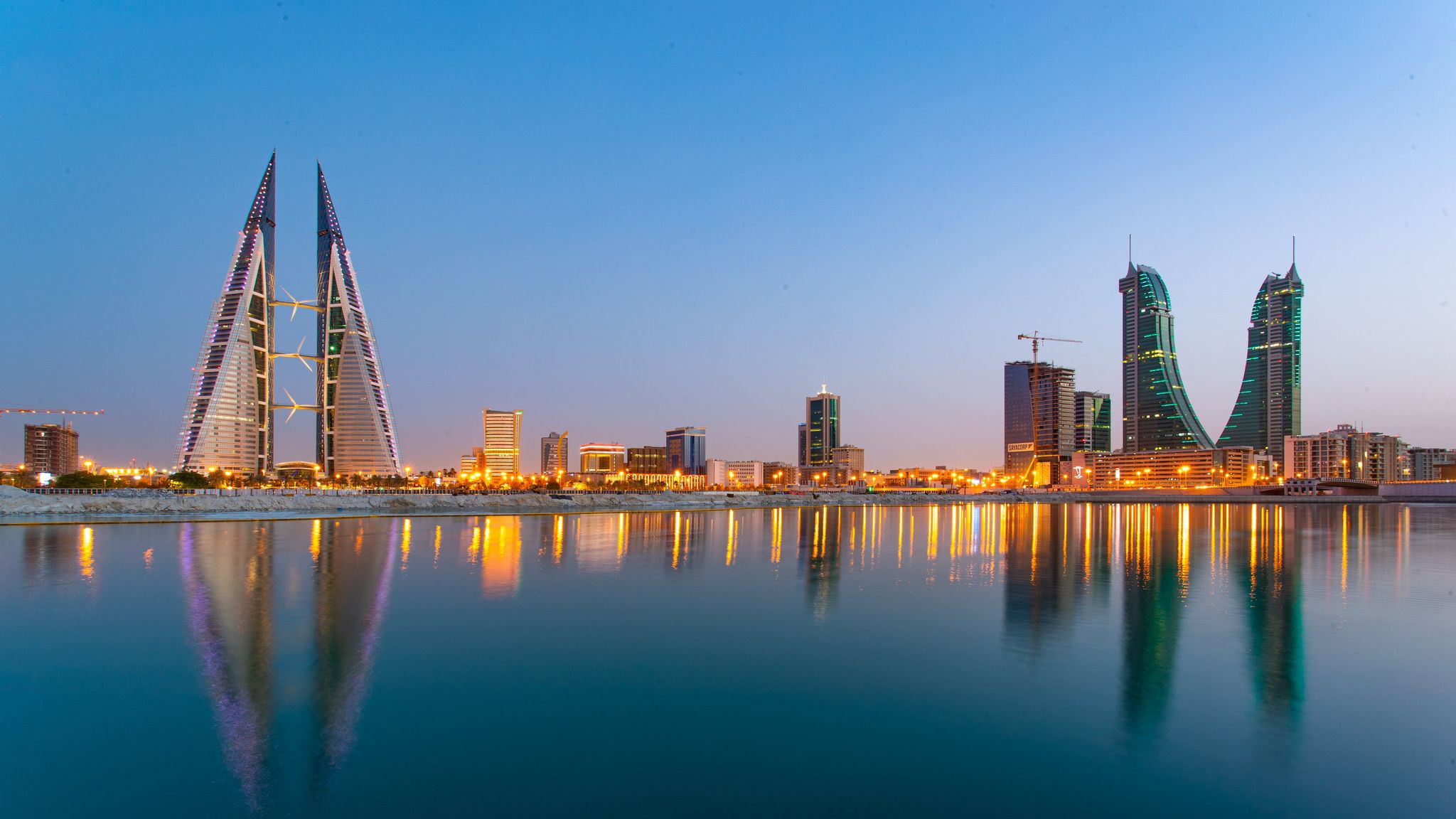
Considering doing business in the Arabian Gulf?
17.Sep.2024Doing business in the Arabian Gulf
The Arabian Gulf, home to countries like Saudi Arabia, the United Arab Emirates (UAE), Qatar, Kuwait, Oman, and Bahrain, has become one of the most attractive regions for global investors and businesses. Historically known for its vast reserves of oil and natural gas, the region is undergoing a significant transformation, diversifying its economies and creating new opportunities for businesses. Here are several reasons why the Arabian Gulf is an excellent region to do business:
1. Strategic Geographic Location
The Arabian Gulf sits at a crossroads between Europe, Asia, and Africa, making it a vital hub for global trade and commerce. Major cities like Dubai, Abu Dhabi, and Doha have become key centers for logistics and transportation. Their state-of-the-art ports and airports facilitate international trade and act as gateways for businesses aiming to enter both Eastern and Western markets. For companies looking to tap into Africa or South Asia, the Arabian Gulf offers a strategic advantage with easy access to these regions.
2. Stable Economic Environment
Many countries in the Arabian Gulf are known for their economic stability. Despite global financial fluctuations, the Gulf Cooperation Council (GCC) nations have maintained relatively stable economies, thanks to prudent fiscal management and long-term strategic investments. Their significant sovereign wealth funds and currency reserves further contribute to resilience. Businesses can operate with confidence, knowing that they are in an environment that promotes financial security and regulatory stability.
3. Economic Diversification
While the Gulf region has long been associated with oil and gas, many countries are actively pursuing economic diversification plans. Saudi Arabia’s Vision 2030 and the UAE’s Vision 2021 are examples of ambitious efforts to reduce dependence on hydrocarbons and develop new industries such as tourism, technology, renewable energy, healthcare, and education. These initiatives are opening doors for investors and entrepreneurs in a wide range of sectors, offering opportunities beyond the traditional oil industry.
4. Business-Friendly Policies
Governments across the Arabian Gulf have introduced numerous pro-business reforms to attract foreign investment. Tax policies are generally favorable, with low or no corporate and personal income taxes in countries like the UAE and Bahrain. Several free trade zones in the region allow 100% foreign ownership, full repatriation of profits, and exemption from import and export duties. The ease of doing business has significantly improved, with streamlined processes for company registration, licensing, and visas, making it easier for businesses to establish and operate.
5. Infrastructural Development
Massive investments in infrastructure have made the Gulf a modern and efficient environment for businesses. World-class transportation networks, including advanced road systems, rail networks, ports, and airports, provide seamless connectivity. High-speed internet, cutting-edge technology parks, and financial hubs like Dubai International Financial Centre (DIFC) offer a supportive environment for companies across various industries, particularly in technology and finance. Additionally, the region is a leader in smart city initiatives, integrating technology into everyday urban life to create more efficient and sustainable cities.
6. Growing Consumer Market
The Gulf region is home to a young, affluent, and tech-savvy population. Consumer spending on goods and services continues to rise, driven by growing disposable incomes, urbanization, and a high standard of living. The region also boasts one of the highest internet and smartphone penetration rates globally, making it an ideal market for e-commerce, fintech, and digital services. As consumer demand for luxury goods, entertainment, education, and healthcare grows, businesses can tap into an expanding and lucrative market.
7. Talent and Innovation Hubs
The Arabian Gulf has made substantial investments in education, research, and technology to foster innovation and attract talent. Cities like Dubai and Doha are becoming innovation hubs, offering incentives for startups and entrepreneurs. Universities, technology incubators, and government-backed research initiatives are nurturing local talent and supporting tech-driven industries. Moreover, the region’s commitment to fostering creativity and knowledge economies makes it a fertile ground for startups and tech companies looking for growth.
8. Access to Energy and Natural Resources
For industries reliant on energy, the Arabian Gulf offers a significant competitive advantage. Energy costs are relatively low, making it an attractive location for manufacturing and heavy industries. Moreover, with the rise of renewable energy projects in the region, such as solar power initiatives in the UAE and Saudi Arabia, businesses can take advantage of both conventional and renewable energy sources. Access to abundant natural resources also supports sectors like chemicals, construction, and metals.
9. Cultural Openness and Tourism Growth
In recent years, Gulf countries have embraced more open and inclusive cultural policies, attracting foreign talent, businesses, and tourists. Cities like Dubai, Abu Dhabi, and Riyadh are fast becoming global cultural and tourism hubs, with world-class museums, events, and leisure activities. As the region becomes more cosmopolitan and tolerant, expatriates and multinational corporations find it easier to integrate and thrive in a culturally diverse environment.
10. Robust Legal and Regulatory Frameworks
Gulf countries have been enhancing their legal and regulatory frameworks to ensure transparency, protect investor rights, and foster competition. The UAE, for instance, has developed specialized courts and arbitration centers to resolve business disputes efficiently. The introduction of new regulations for foreign direct investment (FDI) and intellectual property (IP) protection has given foreign businesses greater confidence when entering the market. These legal reforms signal a commitment to creating a business environment conducive to international commerce.
Conclusion
The Arabian Gulf offers a dynamic business environment with a range of incentives, from strategic geographic positioning and economic stability to favorable regulatory frameworks and growing market potential. As countries in the region continue to diversify their economies and invest in infrastructure, education, and technology, the Gulf’s attractiveness as a business destination will only continue to grow. For companies looking to expand globally, the Arabian Gulf represents a unique and promising opportunity.











